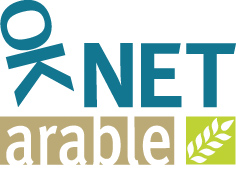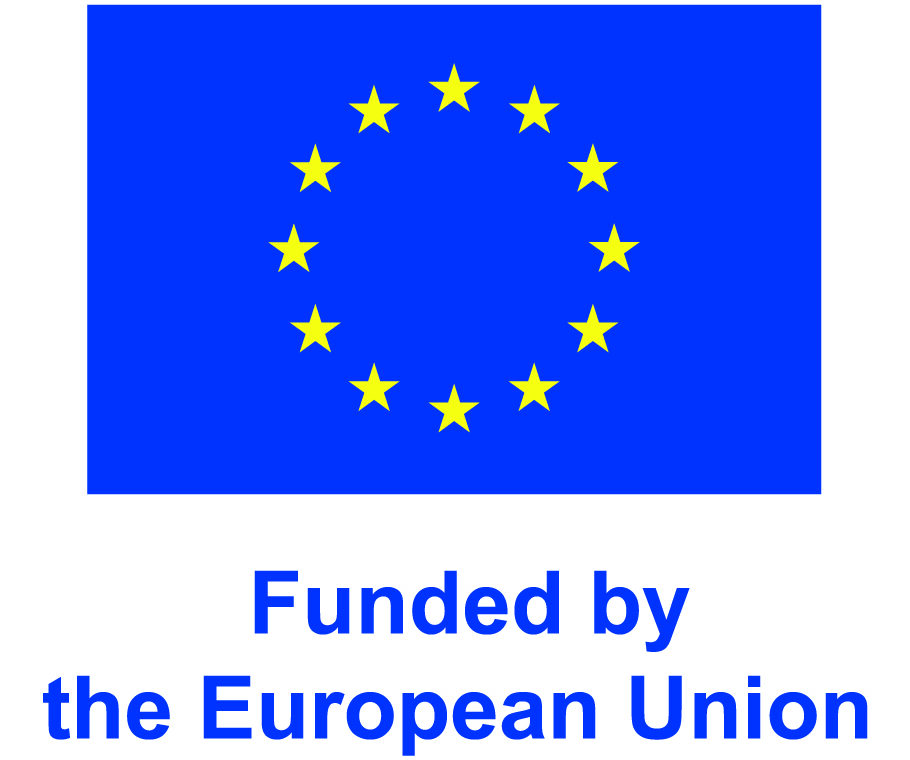
Knowledge for organic
Improving organic food and farming through research
Organic food and farming is knowledge intensive. It relies on deep knowledge and expertise. At IFOAM Organics Europe, we connect organic actors and promote knowledge exchange to continually improve organic practices so they fully align with organic’s principles. We care for participatory research and translate research outcomes into recommendations for both policymakers and practitioners.

Organic farmers, processors, companies and civil society groups are eager to work with researchers to help organic deliver on its principles and transform Europe’s food and farming system. As IFOAM Organics Europe, we represent and engage all these actors in the projects we take part in. We bring the latest research findings to practitioners and ensure research meets their needs and expectations. We also help building the organic sector’s innovation capacity and have ample experience setting up science-practice-policy dialogues.
IFOAM Organics Europe coordinates and takes part in a range of research projects that are key for developing the organic sector. Think about issues such as organic plant breeding, yield gap and climate change mitigation.
We also take part in “thematic networks”, a specific type of projects compiling knowledge and disseminating best practices and research findings close to being put into practice. Currently, IFOAM Organics Europe coordinates a Horizon Europe project to achieve 25% organic farmland and a significant increase of organic aquaculture in the EU by 2030 and a Horizon Europe project on increasing organic advisory services for organics across Europe.
Moreover, we participate in projects tackling challenges beyond the organic sector, like climate neutral farming, and green public procurement.
IFOAM Organics Europe…
- Partners in more than 14 running projects
- Coordinated 5 projects (2015-2024)
- More than 50% success rate in project applications
- More than 30 members involved in ongoing Horizon 2020 projects
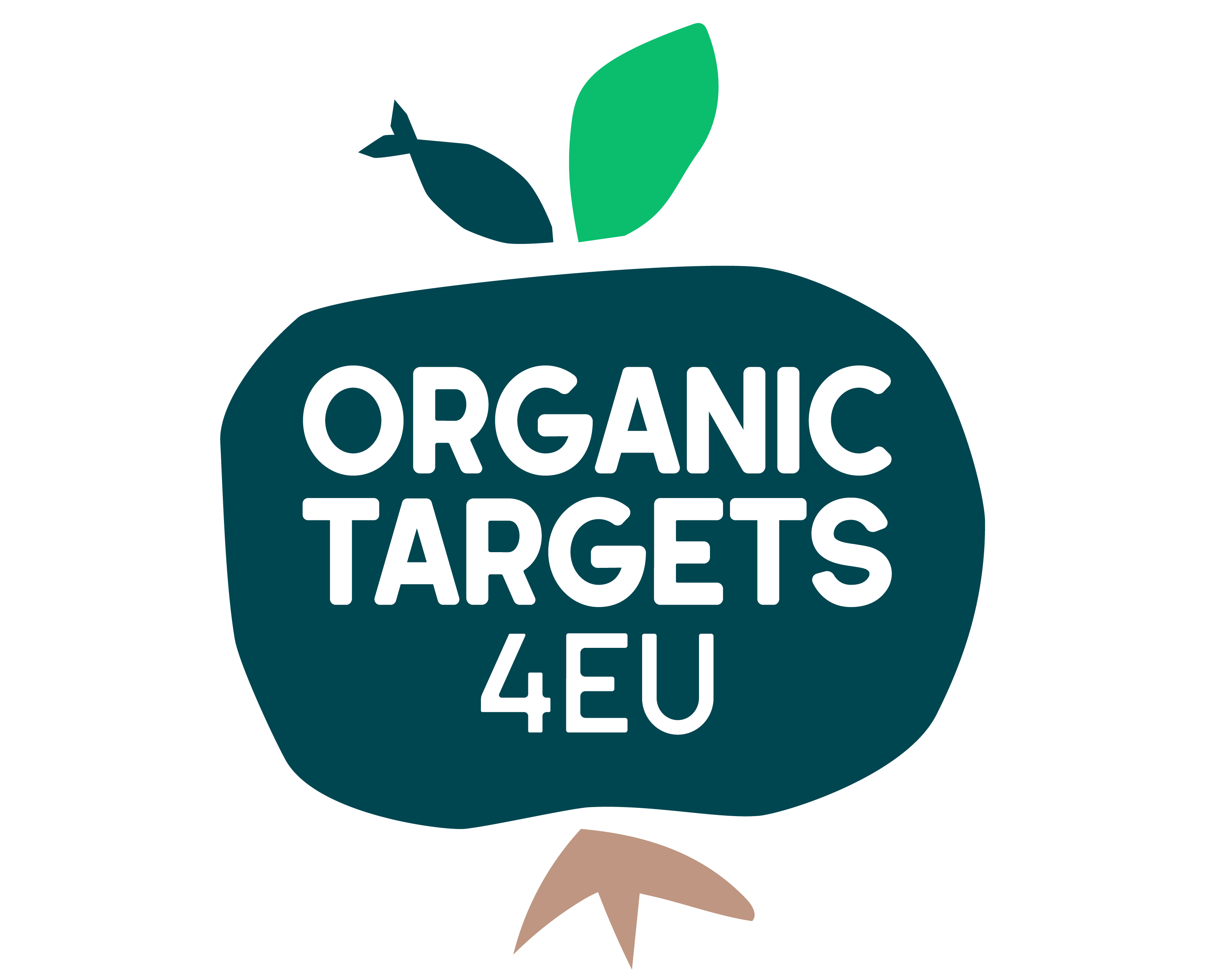
OrganicTargets4EU supports the Farm to Fork strategy in achieving the targets of 25% organic agricultural land and a significant increase of organic aquaculture by 2030. The project assesses the drivers and lock-ins affecting the development of the organic sector to propose consistent scenarios to achieving the targets;

OrganicAdviceNetwork creates a strong European network of experienced and new advisors with organic farming expertise, offering in-person and online knowledge exchange and training. Moreover, the project will strengthen the development of organic advice through policy recommendations;

LIVESEEDING will contribute to the upscaling of diversified organic seed production and strengthen the organic seed sector, informed by market demands;

OrganicClimateNET supports the capacity of organic farms to mitigate greenhouse gas emissions and to adapt to climate change while considering the co-benefits to biodiversity, water, soil, and air. It aims to establish a pilot network of 250 organic farms across 12 EU countries to test, improve, and implement climate and carbon farming practices;

OrganicYieldsUP addresses the ‘yield gap’ between crops grown using organic practices versus those grown in more intensive, high-input systems. Project partners will develop a database capable of storing diverse crop yields data in a coherent way and gather the existing data from scientific studies and existing databases. The analysis of this new ‘mega-dataset’ will identify the major and minor yield gaps as well as strategies for increasing yields. To apply this knowledge, the project will form multi-stakeholder peer groups in each European macro-region. Workshops with practitioners, visits to ‘lighthouse farms’, and cross-visits of the groups across regions will allow for rapid knowledge exchange and co-design of strategies for yield improvements and resilience, including under different modelled climate scenarios;
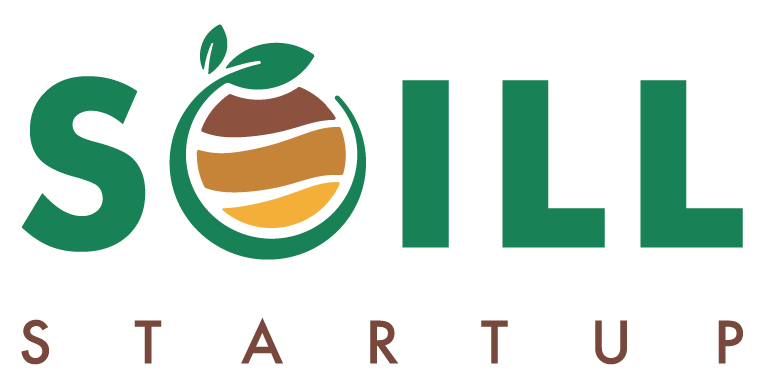
SOILL-Startup will help to realise a core goal of the EU Soil Mission to create 100 Living Labs and Lighthouses – multi-stakeholder experimental testbeds and exemplary farms or other soil-related operations – by 2030. These Living Labs and Lighthouses will promote sustainable land and soil management in both rural and urban areas. SOILL-Startup is the first in a series of three planned projects running from 2024-2030 under the larger SOILL Frame Partnership Agreement;

DARWIN will address the scientific and regulatory challenges posed by so-called “New Genomic Techniques”, or NGTs, that allow for the creation of genetically modified organisms (GMOs) that are difficult or imposssible to detect using current methods. The project will develop, test, and validate a number of new scientific GMO detection methods and will engage a diverse group of stakeholders, including policymakers, throughout the project to develop policy recommendations that contribute to a healty, fair, safe and transparent food system;
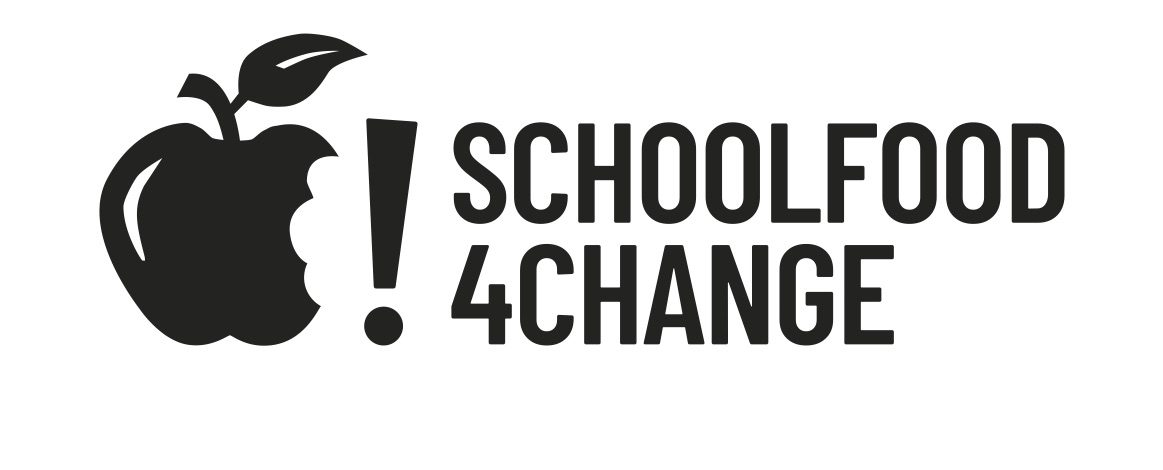
SchoolFood4Change will provide innovative solutions and tailored, locally adaptable good practices for schools, school meal providers, public authorities, and policymakers, in line with the EU’s Farm to Fork Strategy;
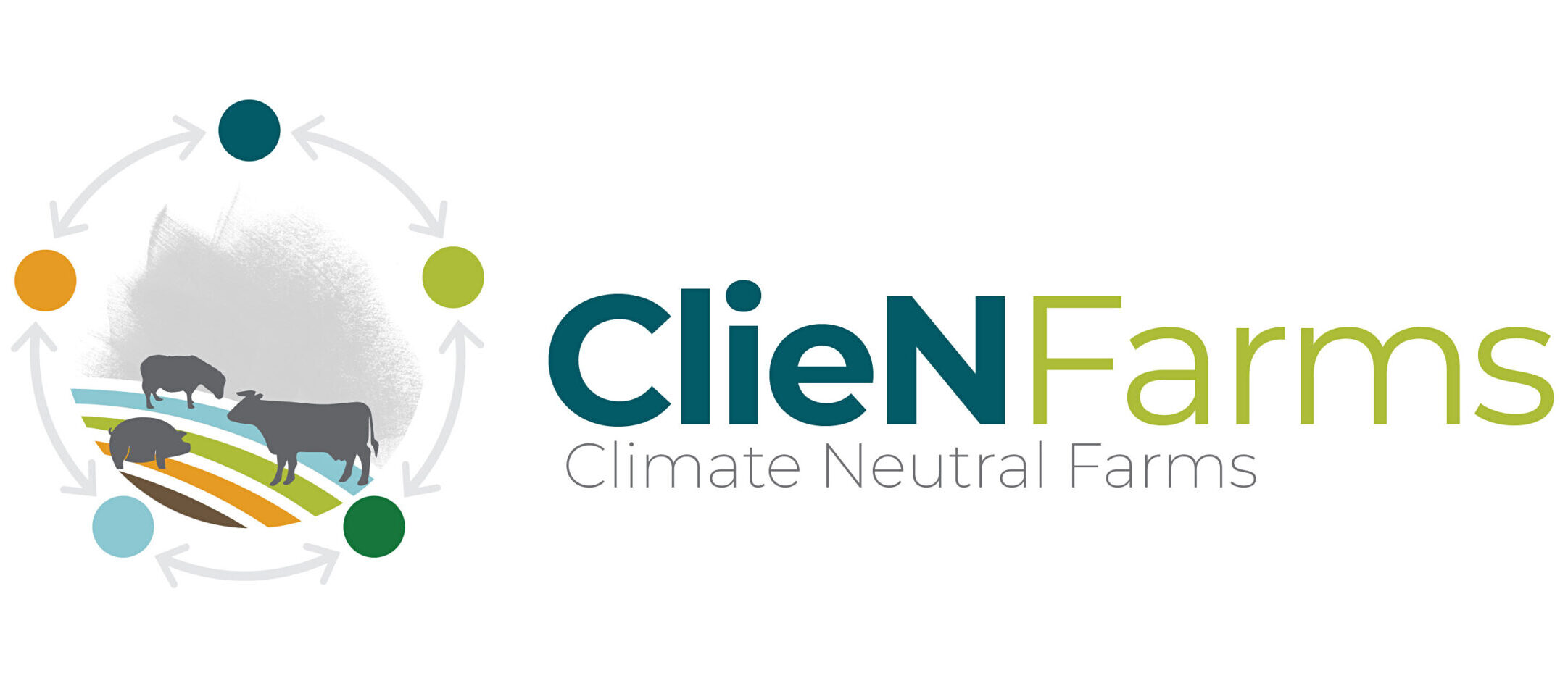
ClieNFarms set up 19 Innovative System Solution Spaces (I3S), i.e., living labs, to test, evaluate and demonstrate solutions toreach climate-neutral farms;

ECO-Ready will explore future climate scenarios for different regions of Europe. These scenarios will be modelled to make predictions of how key crops and other agricultural products/sectors may be affected. The project will go beyond just modelling by identifying and testing interventions and resilience strategies in 10 Living Labs covering Europe’s different climatic zones. Finally, ECO-READY will develop a web/mobile-based platform providing up-to-date information on climate issues for society, policymakers, businesses, farmers, and consumers;
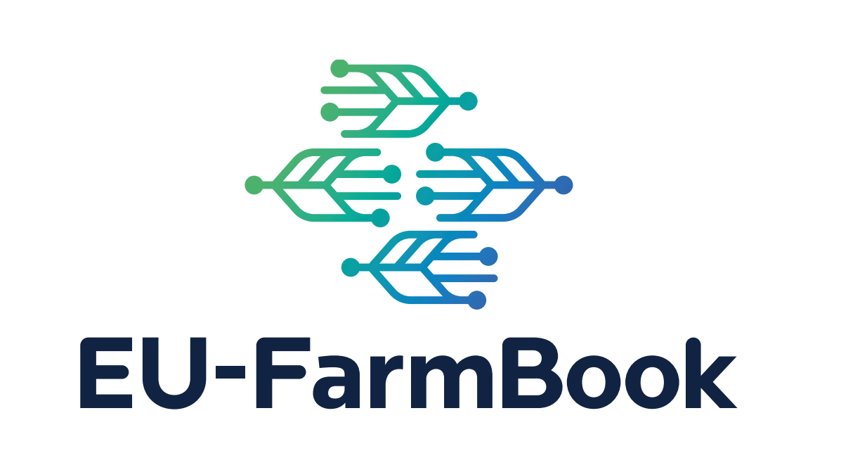
EU-FarmBook will support agricultural knowledge exchange by developing and maintaining an easily accessible EU-wide digital platform for practitioners in agriculture, forestry, and other rural sectors;

Climate Farm Demo will set up a network of 1500 pilot farms in Europe and associated countries to increase and speed-up the adoption of climate smart farming practices;

InterCropValuES aims to exploit the benefits of intercropping. It will create a better understanding of the functioning of intercropping systems and make a detailed analysis of lock-ins and levers for intercropping at the value chain level. It will identify credible solutions that can be adopted by farmers and value chain actors;
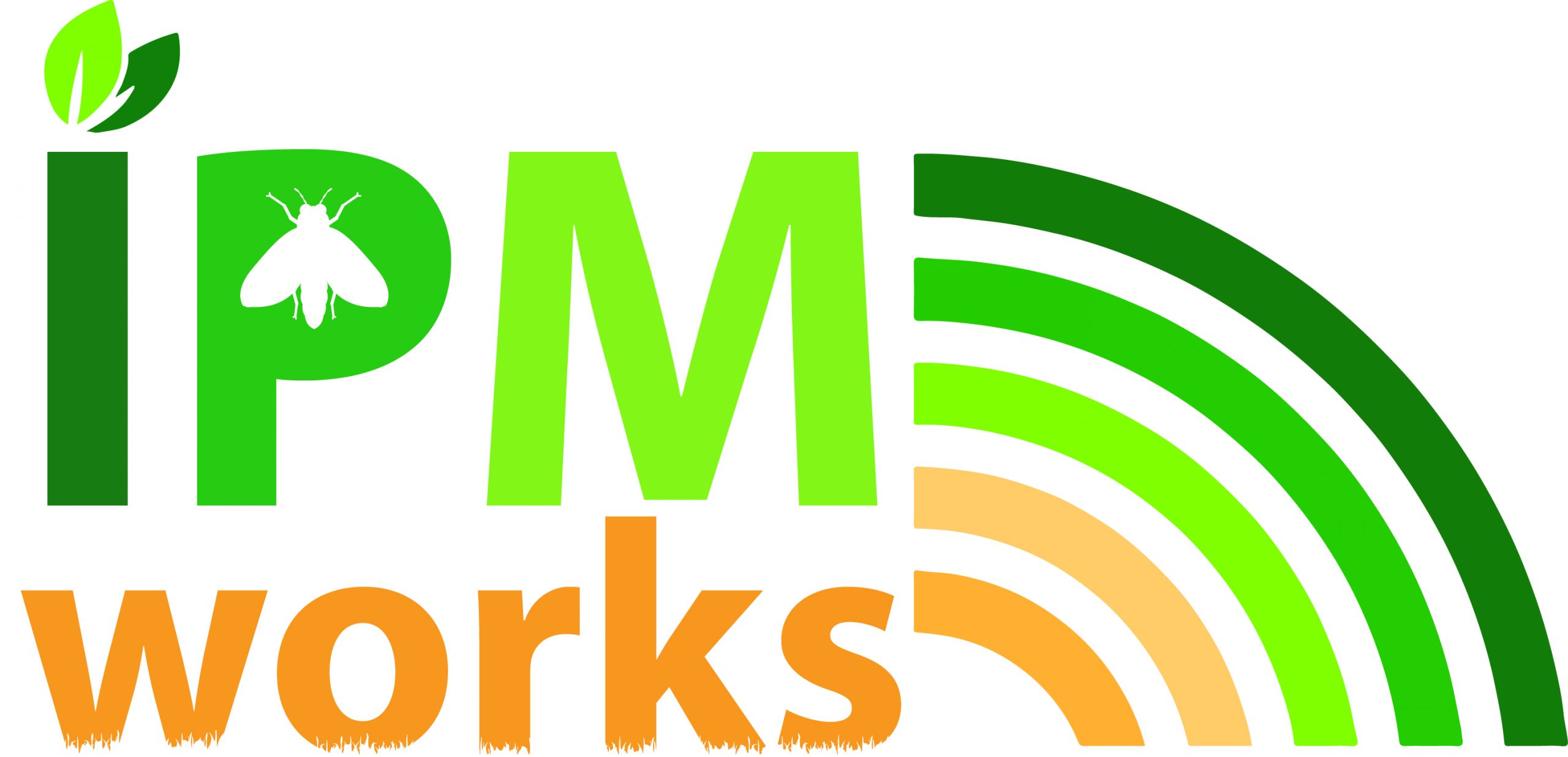
IPMWorks builds a European farm network to demonstrate integrated pest management (IPM) strategies and to promote the adoption of such strategies via knowledge exchange.

AGRISPIN, by uncovering blind spots in innovation processes, AgriSpin’s aimed to contribute to improved methods of innovation in European agriculture (2015-2017);
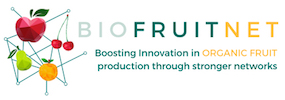
BIOFRUITNET strengthened the competitiveness of European organic fruit production through strong knowledge networks;
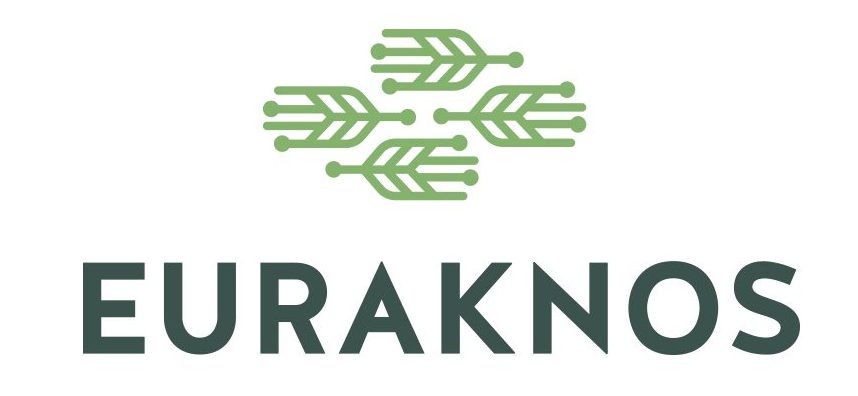
EURAKNOS enhanced the EU’s agricultural knowledge base by co-creating “the network to connect all Thematic Networks” (2019-2021);
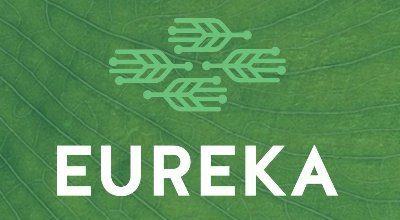
EUREKA built a European knowledge repository for best agricultural practices, as well as boosted knowledge interaction and connectivity between different knowledge reservoirs and existing initiatives;
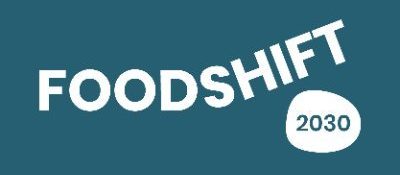
FoodShift2030 ended in December 2023 and it succeeded in launching an ambitious, citizen-driven transition of Europe’s food system to a low carbon, circular future;
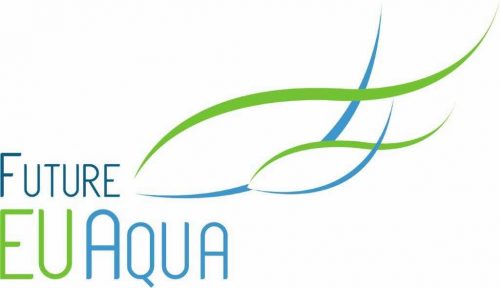
FutureEUAqua promoted sustainable growth of environmentally friendly organic and conventional aquaculture of both major fish species and low trophic level organisms resilient to climate change;
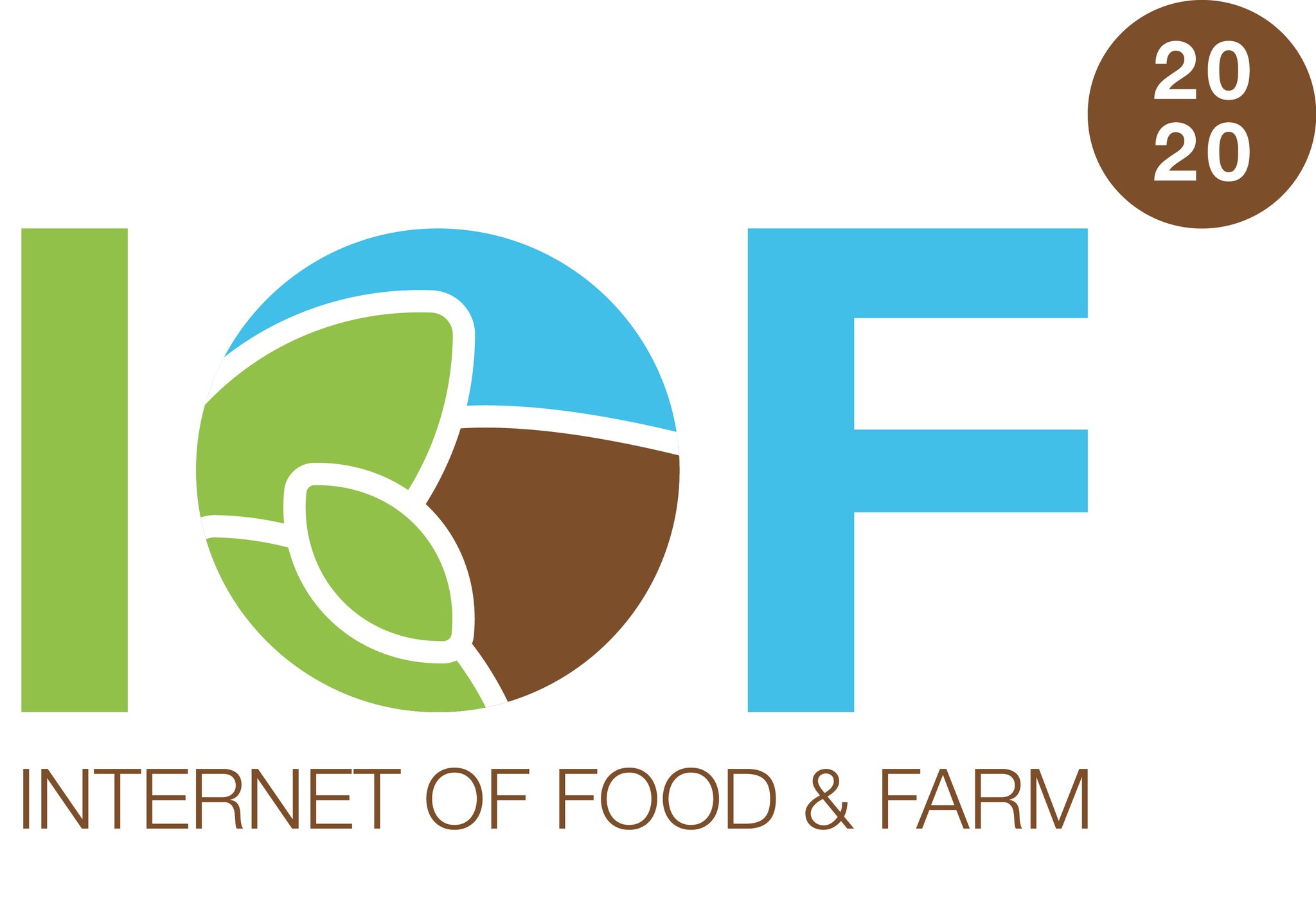
Internet of Food & Farm 2020 was a large-scale pilot under Horizon 2020 investigating and fostering large-scale implementation of the Internet of Things in European food and farming (2017-2021);
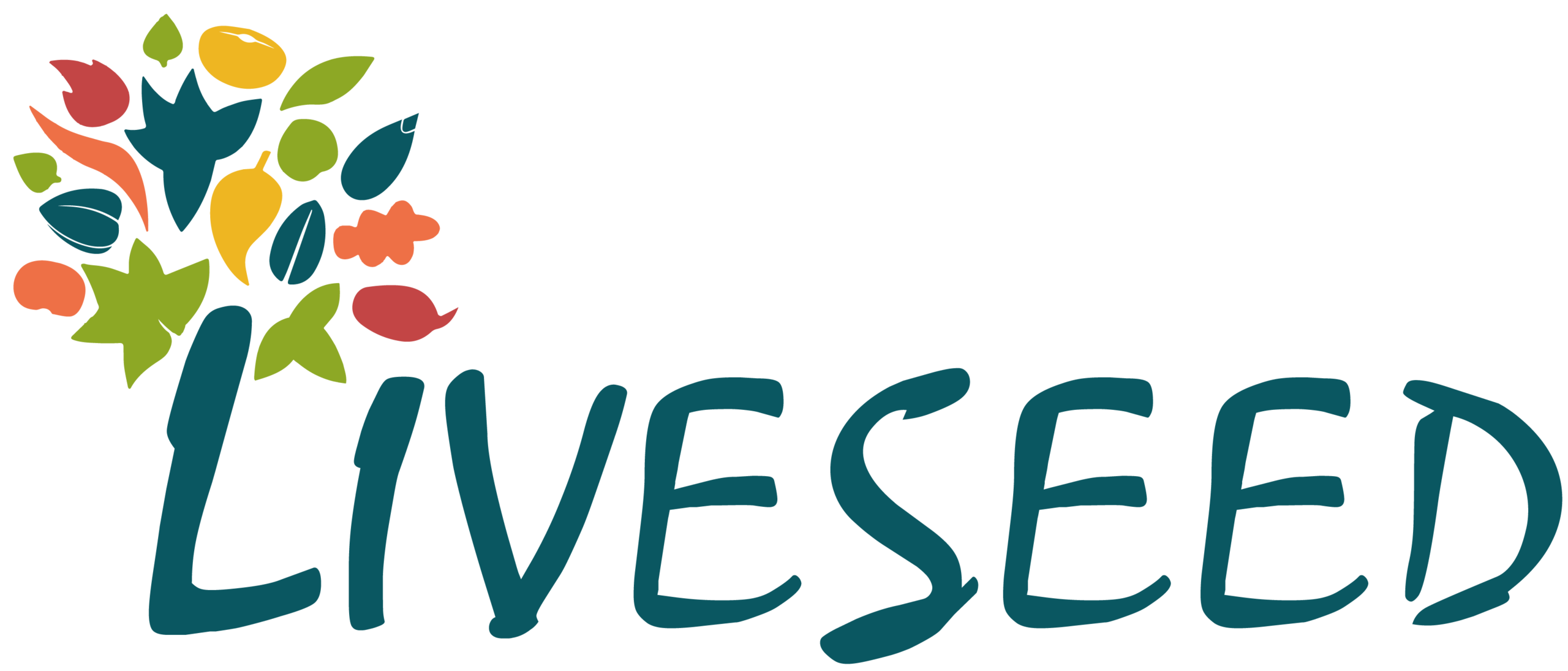
LIVESEED improved transparency and competitiveness of organic seed and plant breeding and encourage greater use of organic seed;
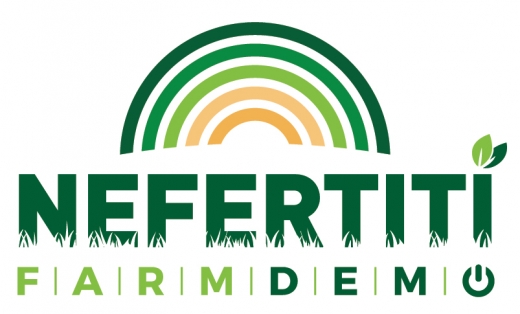
NEFERTITI established 10 interactive thematic networks, connecting 45 regional clusters of demo-farmers and related actors in 17 countries;
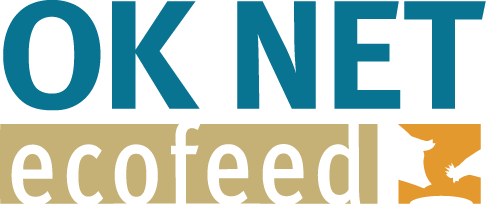
OK-Net EcoFeed helped farmers, breeders and the organic feed processing industry achieve 100% use of organic and regional feed for monogastrics (pigs, broilers, laying hens and parents of broilers and laying hens) (2018-2021);

Organic Data Network aimed to increase the transparency of the European organic food market through better availability of market intelligence about the sector (2012-2014);

RELACS developed and facilitated tools and technologies to phase out dependency on and use of inputs considered contentious in organic farming systems;
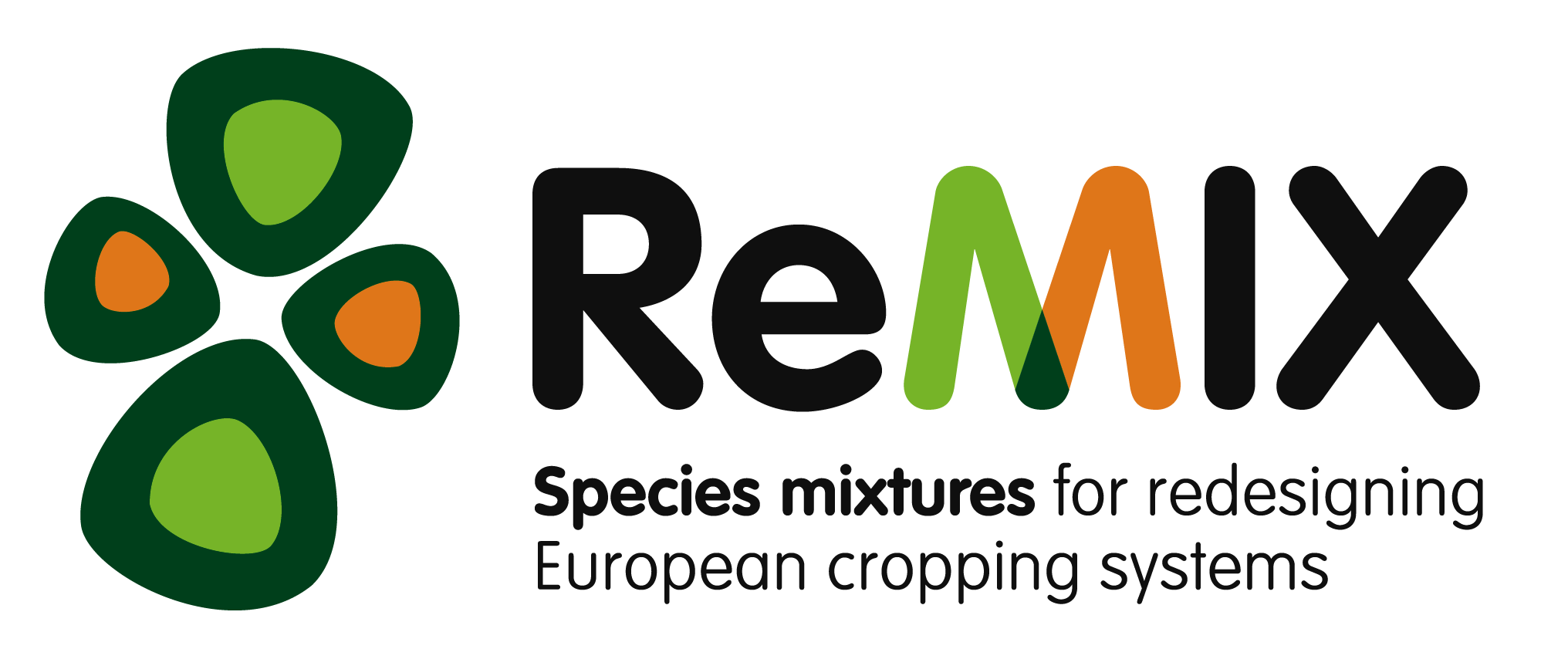
REMIX exploited the benefits of species mixtures to design more diversified and resilient agroecological arable cropping systems (2017-2021);
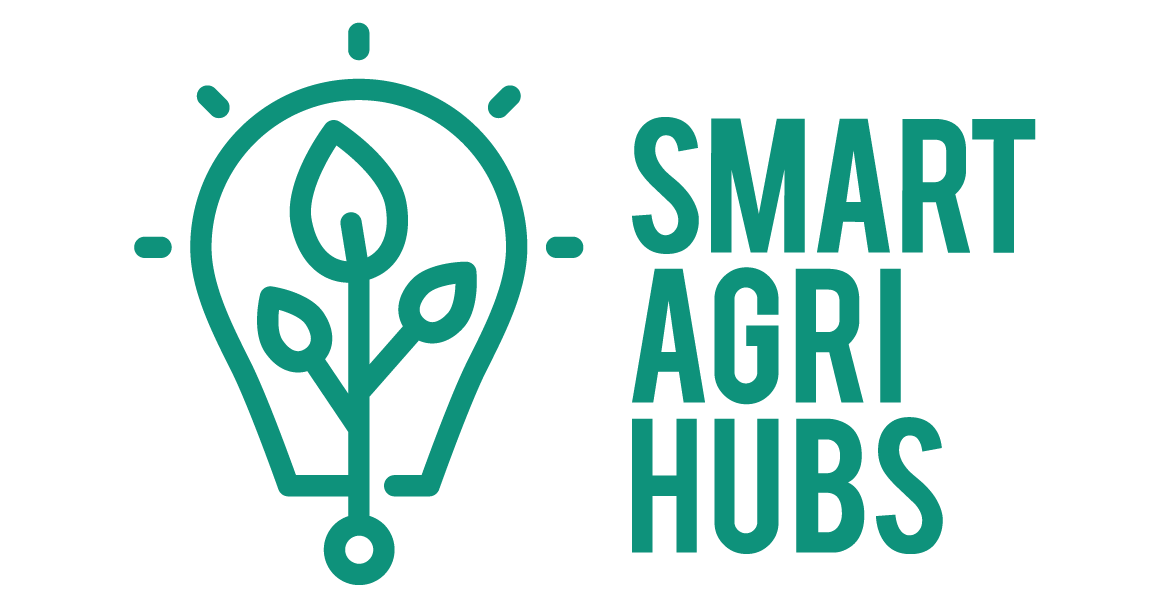
SmartAgriHubs promoted the digitisation of European agriculture by fostering an agricultural innovation ecosystem dedicated to excellence, sustainability and success;
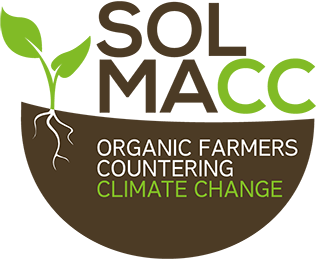
SOLMACC “Strategies for organic and low-input farming to mitigate and adapt to climate change” demonstrated that farming can be climate-friendly. Practicioners applied a combination of optimised organic farming practices to respond to climate change (2013-2018);
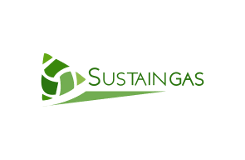
SUSTAINGAS aimed to enhance sustainable biogas production in organic farming (2012-2015);
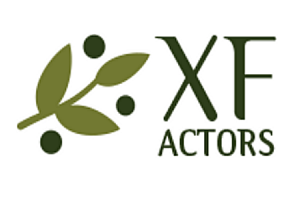
XF-actors answered the urgent need to improve prevention, early detection and control of Xylella fastidiosa disease (2016-2021);
European Education Concept and Forum for Organic Food Processors (ended 2013);
Integration of the Quality Assurance System Eco-Qualify into EQF and ECVE (ended 2013).
Organic Farm Knowledge (OFK) hosts a wide range of tools and resources for farmers and farm advisors. The platform also serves as a virtual meeting place for cross-border and peer-to-peer learning. It provides ‘ready-to-use’ knowledge that can help improve production methods in organic farming. More than 800 tools are available in 16 European languages.
Originally set up by ICROFS (International Centre for Research in Organic Food Systems) in the framework of the OK-Net Arable project, Organic Farm Knowledge was further developed by FiBL (Research Institute of Organic Agriculture) in the frame of the OK-Net EcoFeed project. Both projects delivered content for the themes ‘Crop production’ and ‘Animal husbandry’. With the help of LIVESEED, a theme on ‘Seeds and breeding’ has been set up. IFOAM Organics Europe coordinated all three projects.
Since then, other 20 EU-funded projects joined OFK, feeding the platform with hundreds of materials relevant to organic food and farming practices related crop production, animal husbandry’, soil, food chain management, environment and society, and farm management. We aim to maker Organic Farm Knowledge a European reference hub for practical knowledge on organic farming.
If you are interested to get your tools on Organic Farm Knowledge or help promoting the platform, please contact [email protected].
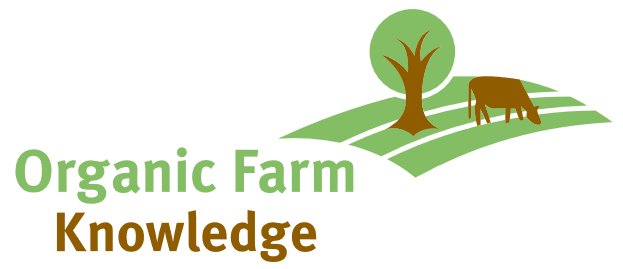
INTIA, the Navarra institute for Agri-food Technologies and Infrastructures, provides advice and guidance to producers, relying on an extensive pool of technicians and an own experimentation network. In 2016, the institute launched the “organic farming support team”, a multidisciplinary unit working as “innovation brokers” and aiming to support the expansion of the organic value chain. Their strategy is based on a three-fold approach: detecting “bottom-up” needs and demands from the organic sector; connecting actors within the region and beyond, “channeling” the detected needs/demands to the right partner. Learn more about this initiative by visiting euorganic2030.bio.


